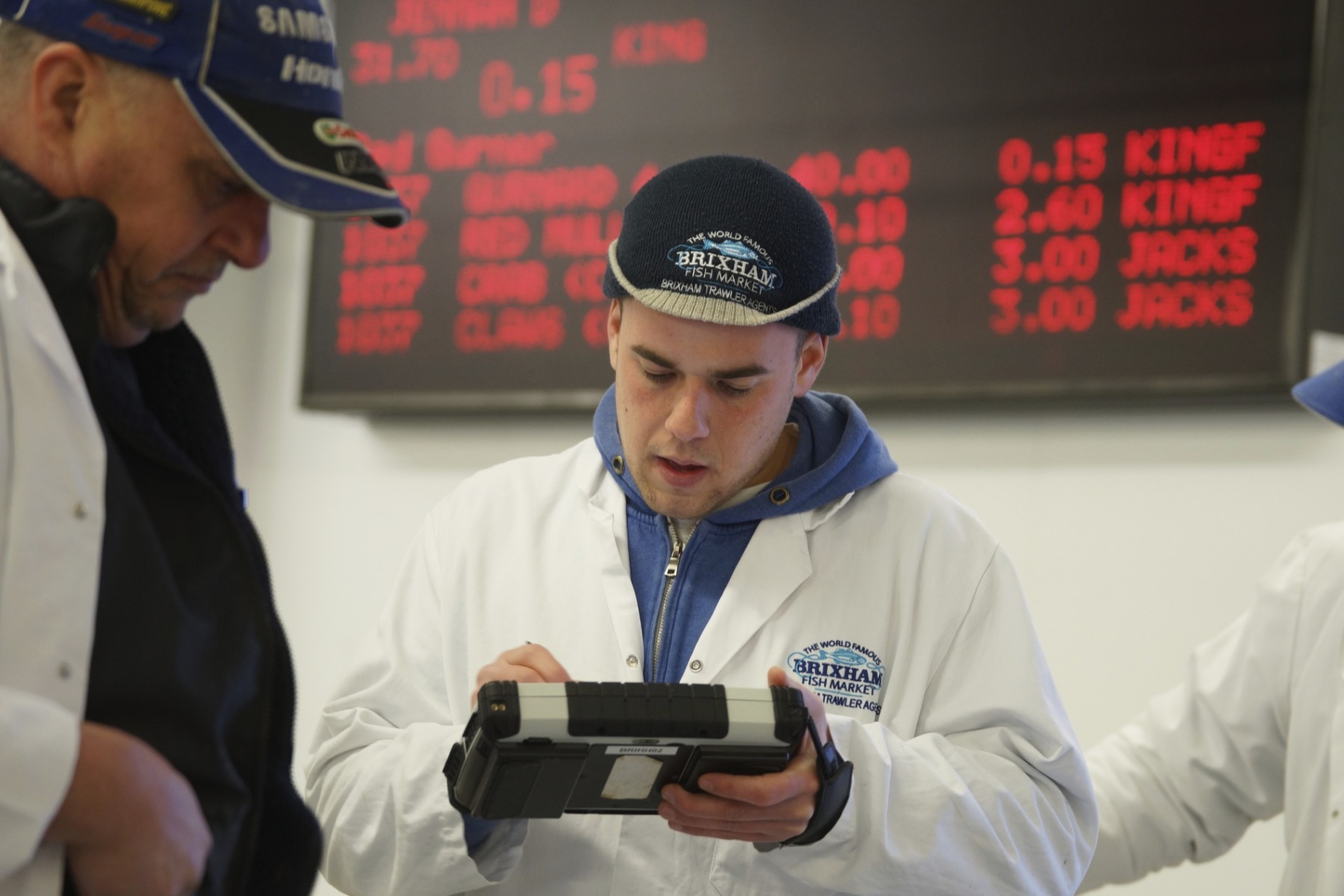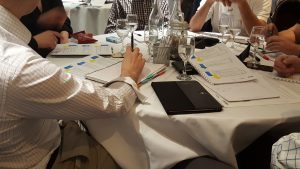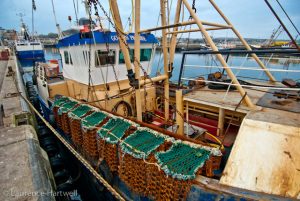Co-Designed King-Scallop Stock Assessment

Fishing into the Future instigate a process of co-design with the channel scallop industry, where we were confident that, by working together, fishermen, scientists and regulators involved in this fishery would be able to define the protocols for a long-term monitoring and assessment process. This would be able to provide for a meaningful long-term biological stock assessment for the future of the fishery.
When initiated, this project was operating in the absence of wider buy-in. By the end of the process the collective efforts of all involved had resulted in the establishment of a wider Project Steering Group and larger-scale project that is now running independently from the work of Fishing into the Future. A summary of this larger scale project can be found here.

